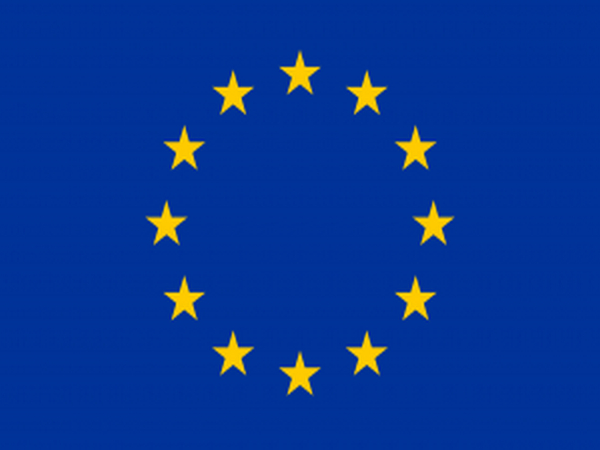EU enforces Digital Markets Act to make online markets "more open and contestable"
Mar 09, 2024
Brussels [Belgium], March 9: The European Union's (EU) Digital Markets Act (DMA) came into force on Thursday with the aim of making online markets "more open and contestable."
Under the DMA, the EU has identified 22 core services, ranging from operating systems to messenger apps and social media platforms. It also designates six companies such as Alphabet, Amazon and Apple that dominate the market as "gatekeepers." They are required to fully comply with a list of dos and don'ts designed to foster competition.
"Our new set of rules will now make online markets more open and contestable for small, innovative businesses to also get a fair chance of making it," EU antitrust chief Margrethe Vestager said.
For instance, the companies that dominate the market must allow users to uninstall pre-installed apps on devices, refrain from prioritizing their own services over rivals' on platforms, and provide access to app stores outside their own ecosystems.
"The Commission will not hesitate to take formal enforcement action, using the entire toolbox at its disposal to fully enforce the DMA," the European Commission said in a press release.
EU industry chief Thierry Breton also warned on social media platform X that the designated "gatekeeper" platforms must comply with precise obligations, or face heavy sanctions.
The DMA authorizes the EU to impose fines of up to 20 percent of a company's global annual revenue for repeat violations, and even order the breakup of their business for "systematic infringements."
As the DMA took effect, tech giants took steps to comply with the new rules, albeit with some resistance.
Google has announced that it will provide more choices for mobile phone users to switch search engines and browsers, and enable app developers to use alternative payment systems -- although it will charge fees for doing so. Meta, Microsoft and Amazon have also announced moves to appease regulators, while trying to protect core revenue streams.
"A number of the new rules involve difficult trade-offs that will impact the people and businesses who use our products," said Oliver Bethell, head of Competition EMEA at Google.
The Computer and Communications Industry Association, whose members include Amazon, Apple, Google and Meta, stressed that there is no one-size-fits-all DMA compliance solution. "The Commission must allow tech companies to still differentiate themselves from others. If not, online services might be forced to become more alike, or forced to abandon features that set them apart from their competitors."
Bill Echikson, a senior fellow with the Center for European Policy Analysis, said the DMA is already reverberating beyond Europe, calling it the "Brussels Effect."
There are already "copycats" around the world, he said, mentioning countries such as Japan, the United Kingdom, Mexico, Brazil and India. "Governments around the globe are gearing up to impose their own versions of the DMA."
Zach Meyers, assistant director of the Centre for European Reform, pointed out that "If the DMA does not deliver quick and positive results, and especially if large firms look recalcitrant, other countries are likely to decide that their own digital competition laws must be tougher than the DMA."
The DMA is just one of several new EU rules aimed at reining in tech behemoths' dominance over digital markets and content, with the EU's Digital Services Act and the AI Act still on the horizon.
Source: Xinhua








